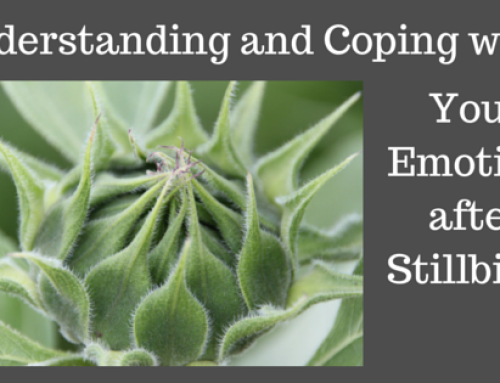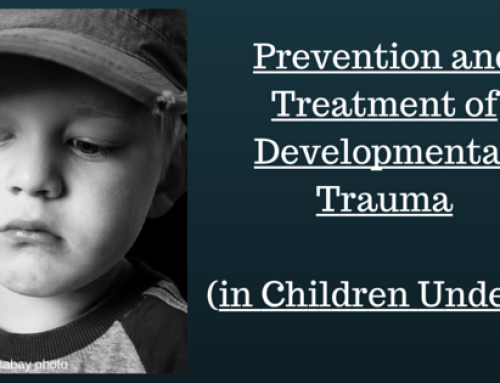Have you ever had a “gut feeling” about something or someone? Have you ever “fallen head over heels in love” or had your “heart broken”? How would you describe those experiences?
Your body speaks. How do you hear it?
How does your body tell you that you’re stressed, anxious, happy, angry, sad, or suffering? How does it tell you that you love someone, or that you really shouldn’t take that new job, “because it just doesn’t feel right”?
Listen, watch, feel…
Your body expresses itself in sensations, breaths, spasms, ailments, imbalances, and more. Your muscles, facial expressions, gestures, and posture are sharing something. Emotions are experienced as physical sensations. There is a lot to be learned if you pay close attention.
These are the areas that somatic psychology explores.
The mind and the body. How they work well together. Or not. How they may have different specialties, but reside within the same space.
During the last two decades, somatic psychology has been an increasingly integral part of helping us obtain a comprehensive “big picture” of the mind/body connection.
This approach uses bodily investigation to gain a deeper, truer assessment of how a person engages the world, and helps to resolve some issues that can’t be navigated through with talk therapy alone.
Somatic psychology is an interdisciplinary, holistic field of study. Its goal is to consider how the mind and body affect one another and thereby impact mental and physical health.
In conjunction with talk therapy, movement, dream interpretation, reflection techniques, EMDR, and a host of other methods, this therapy supports self-comprehension throughout the body.
Somatic therapies compliment, and in many cases, surpass the benefits of talk therapy, especially when the roots of a problem aren’t easily verbalized or began even before verbal communication was learned.
In an effort to study and expand the mind-body relationship, somatic psychology helps achieve a variety of benefits, including:
- Recognition, reframing, and transformation of negative or traumatic life events, even those we may not cognitively remember
- A more established sense of identity and self-compassion
- Pain reduction and stress-relief
- Increased concentration and a sense of ease
Mind/body therapeutic methods include those that focus on your senses, like sound and touch. Breath work is key too, as are movements and mirroring techniques.
A somatic therapist helps you become self-aware and recover your ability to recognize and change unsettling and harmful bodily responses.
Somatic psychology combats mind-body disconnection.
Somatic therapists can look carefully at how the body processed, or is stuck processing, an early childhood lack of attachment, a trauma, or other negative experiences. A somatic therapist, specially trained in attachment, prenatal, and birth experiences, can even help you address the earliest, preverbal events that can affect all of your future relationships.
Somatic therapists work to peel back bodily manifestations of trauma and internalized responses to under-nurtured, or over-used, parts of our brains and bodies.
Sometimes it’s clear — persistent headaches, digestive problems, or backaches signal our distress. An obvious line can be drawn from your distress to your physical pain.
And sometimes, therapists must use your bodily sensations and postures to help you examine and connect your feelings with the periods when your brain development was exponential, your relationships were crucial to your survival, and your personality was first set.
Investigating pain, numbness, irritation, posture, and breath helps gain mental clarity and reach the truth of your emotions.
Famed Swiss author and psychologist Alice Miller once wrote,
“The truth about our childhood is stored up in our bodies, and lives in the depths of our souls. Our intellect can be deceived, our feelings can be numbed and manipulated, our perceptions can be shamed and confused, or our bodies tricked with medication. But our soul never forgets. And because we are one, one whole soul in one body, some day, our body will present its bill.”
Symptoms like repetitive relationship issues, digestive disorders, chronic pain, emotional problems, and disordered eating are issues somatic psychology can finally help you resolve.
Somatic psychology makes living a more easeful, connected, and aware life possible.
Everything we do – work, play, hobbies – is enacted in our bodies.
Everything we feel is revealed in the way we exhale, how we clench our muscles, or how we move across a room. How our bodies respond to others in relationship says volumes about how we have experienced life.
You needn’t be in physical or emotional pain perpetually. Issues can be resolved with the right kind of support.
You can feel good again. You can feel good for the first time ever.
Somatic psychology can help free your mind, relax your body, and better your life.








Leave A Comment